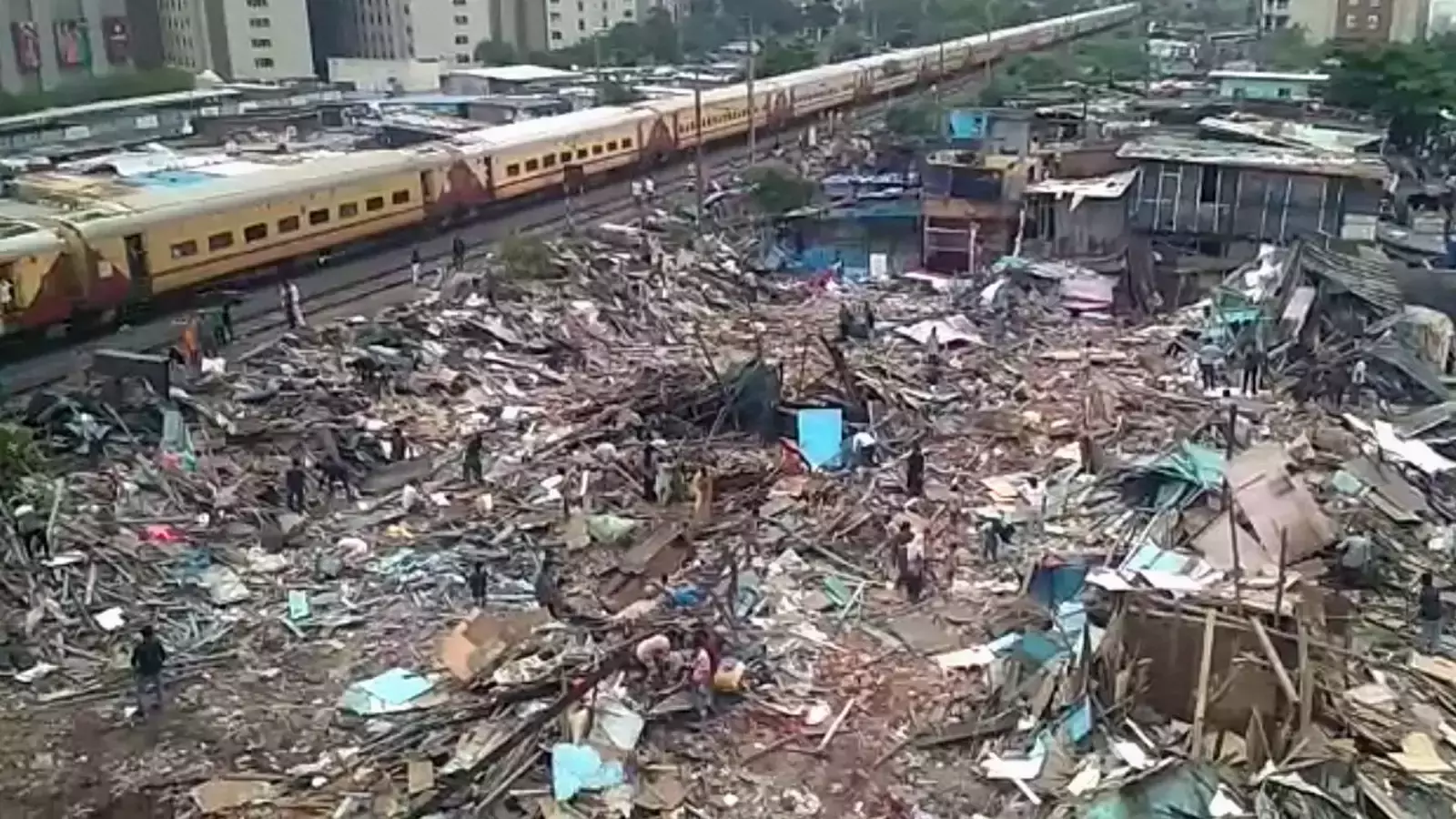Local Authority Must Take Responsibility For Allowing Slum Encroachments In Railway Land : Supreme Court
Sneha Rao
13 Nov 2021 1:28 PM IST

"You allow the encroachment and then say the State is responsible….It is under the Railway Land but under your governance. You have to ensure that no encroachment takes place", Court told Surat Municipality.
Next Story


